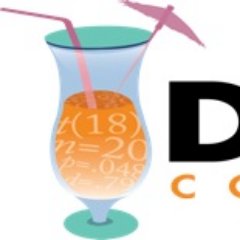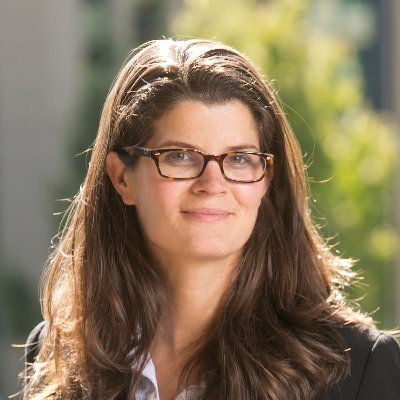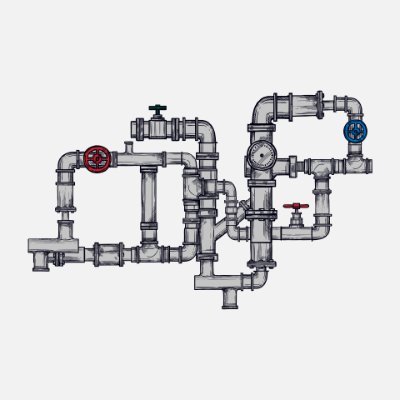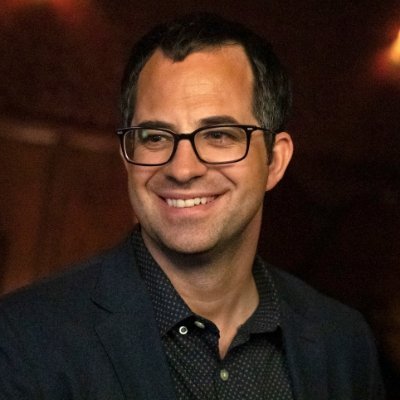
Joe Simmons
@jpsimmon
Followers
7K
Following
1K
Media
27
Statuses
599
Prof. at Wharton. I research/teach decision making & research methods. Blog: https://t.co/XOI7aJXW1d ; Easy Pre-registration: https://t.co/qQwukhfPZm
Philadelphia, PA
Joined November 2012
New retraction at OBHDP. Gino was an author. She had nothing to do with the anomalies. Study 1B had data "that were unlikely to have occurred naturally". The study was done at Wharton but "they do not know who handled the data."
2
13
57
Want to know how many people show an effect in an RCT, policy experiment or between-subjects lab experiment? Consider this off-label use of the Kolmogorov-Smirnov test https://t.co/X6UCuGrees
datacolada.org
There is a classic statistical test known as the Kolmogorov-Smirnov (KS) test (Wikipedia). This post is about an off-label use of the KS-test that I don’t think people know about (not even Kolmogorov...
3
6
26
Thanks to everyone who supported us, both emotionally and financially. Thanks to our schools for the generous financial support. And thanks to our amazing lawyer, Jeffrey Pyle. We never felt alone in this, and we never felt like we had to stay silent. Thank you.
5
16
311
Gino's case against us has been dismissed. Scientists cannot effectively sue other scientists for exposing fraud/errors in their work. Those who work to correct the scientific record can sleep better tonight. Those who don’t want it corrected, well, I don’t care how they sleep.
56
463
2K
New Data Colada post. Harvard's Gino Report allows us to re-construct what Harvard says is one of Gino's "original" data sets. We can compare that to the posted data to see how the data were altered
datacolada.org
As you may know, Harvard professor Francesca Gino is suing us for defamation after (1) we alerted Harvard to evidence of fraud in four studies that she co-authored, (2) Harvard investigated and...
7
61
256
In this blogpost timestamps were used to infer the fake data were coming from inside the lab... https://t.co/wSTOjJajgW
3
30
87
An update on Gino's lawsuit against us (Data Colada). We had a hearing about our motion to dismiss, and we've learned some legal things along the way. No big news yet, but some details:
datacolada.org
“Any update on the lawsuit?” That is the most common question any of us is asked. It is usually preceded by an apologetic preamble, like, “sorry if this is a sensitive question,” or “I don’t know if...
2
19
113
In case anyone is still following the Gino lawsuit: Judge Myong J. Joun has confirmed that the final report of the HBS investigation committee is a judicial record. This report will thus, after appropriate redactions, be accessible to the public.
2
11
70
Research assistants need oversight.
New (Gino-related) blog post: Attack of the 50-foot research assistants. https://t.co/rKnT2wTvRt
1
0
26
VERY interesting new blog post on the Gino case. @sTeamTraen finds a new study where the "excluded participants" have a d = 1.4 effect *in the wrong direction* (see right 2 bars). Unlikely to be a coincidence, I say. Could have been part of the original accusation.
New (Gino-related) blog post: Attack of the 50-foot research assistants. https://t.co/rKnT2wTvRt
0
15
50
Apparently Gino tried to tell Harvard that the data was tampered with, but by a sophisticated hacker looking to frame her.
4
10
42
I've felt angry over this data fraud news for months. But, when I finished reading this I was surprised to be sitting there, crying. I've never felt like I belonged in academia, but this made me feel certain. It is a disgusting and greedy place. How do we let it continue?
Dan Ariely’s research on dishonesty presented an optimistic view of human behavior. But a group of behavioral scientists believes some of his findings were too good to be true. https://t.co/IzdpqwHUQU
34
31
430
What Zoé did back then, and more recently when she decided to tell a reporter what happened, takes immense courage. Our field should be fighting to attract, train, and retain researchers with this kind of integrity.
Gideon Lewis-Kraus interviewed me about my role in the Ariely - Gino scandal. I think it is excellent work! https://t.co/J43rEB4vtn
0
29
180
This great New Yorker piece reveals Zoe as one of the early career researchers who identified problems in Gino's data and acted. If we want a more just research culture, those of us with position and power must stand and support those without it, in word and deed. Thank you Zoe
Gideon Lewis-Kraus interviewed me about my role in the Ariely - Gino scandal. I think it is excellent work! https://t.co/J43rEB4vtn
2
37
222
As @jpsimmon says, "How many Zoés are there?" My story is not an anecdote: It is what happens when a field refuses to consider the possibility of research fraud.
Data fraud is often framed as a victimless crime--or else the perpetrators frame themselves as the victim. But the true victims are often graduate students who struggle to replicate a prominent study, face professional ostracism, and their only recourse is to leave the field or
2
45
274
My dept at Wharton is hiring Assistant Professors in the area of decision-making, defined very broadly, including psych, marketing, management, econ, computational social science. Please apply ASAP and definitely by Oct 13.
0
30
67
The lawsuit against Data Colada includes interesting evidence. This table summarizes it. For more details check out our post https://t.co/f9I2gqxofl
7
41
228















